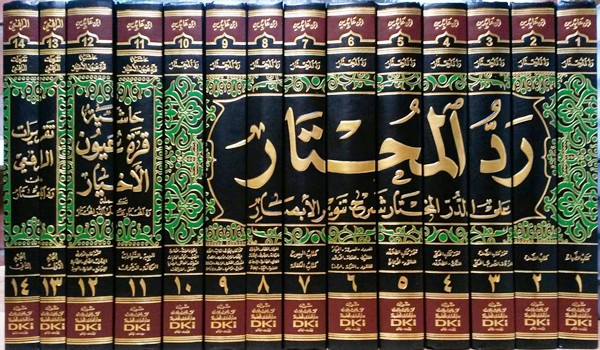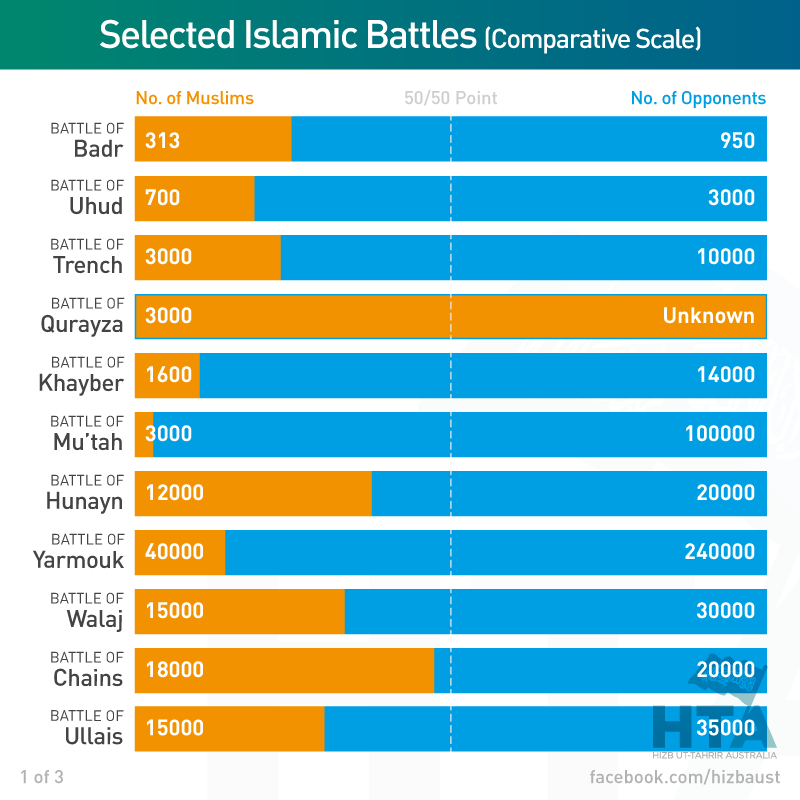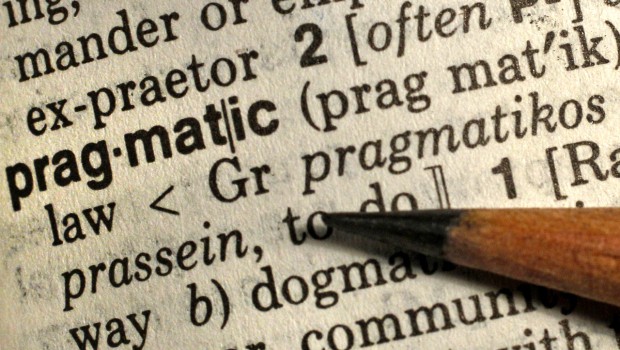Overcome by the realities of the society we live in today, it would be most naive to suggest that we are not prone to subconsciously accepting experiences that emanate from our surroundings as moral norms, whether they comply with Islam or not. In a world that hurls countless obstacles in the way of the remembrance of Allah (SWT) and His (SWT) deen, this saheeh hadith is an invaluable reminder to constantly question our intentions and inclinations upon every occasion.
One will be able to recount numerous contemporary examples whereby someone learned in the Islamic texts relayed, to one’s surprise, an Islamic verdict whether halal or haram which contradicted an accepted norm. Perhaps even more dangerously so, the struggle may exist in their heart of a person for a period over whether to accept what Islam has said on the matter.
Abu Muhammad ‘Abdullah ibn `Amr ibn al-`As (RA) said; “The Messenger of Allah (ﷺ) said; ‘None of you believes until his desire follows that which I have brought.’ ” [Hujjah, Arbaeen al Nawawiyyah] Authenticated by Imam Nawawi
Ibn Rajab al-Hanbali, the well known 8th century (AH) scholar said about the meaning of this hadith:
“A person cannot be a mu`min, whose necessary iman is complete, until his love follows those commands and prohibitions, with which the Messenger of Allah (ﷺ) came, so that he loves what he commanded and dislikes what he prohibited.”
The implication is the building of a personality that is rigorously measuring the reality one faces against what Islam says upon the matter, whilst cautiously ensuring that the nafs (self) is following that which only pleases Allah (SWT) and not itself. So it is wary not to choose a path because of its ease or because of its perceived benefit, always holding itself to account in the pursuit of submitting wholeheartedly to the wisdom of its creator and what He (SWT) had revealed to mankind through His (SWT) beloved Messenger Muhammad (ﷺ).
There are many ayat that convey a similar meaning to the quoted hadith. Allah (SWT) says:
فَلاَ وَرَبِّكَ لاَ يُؤْمِنُونَ حَتَّىَ يُحَكِّمُوكَ فِيمَا شَجَرَ بَيْنَهُمْ ثُمَّ لاَ يَجِدُواْ فِي أَنفُسِهِمْ حَرَجاً مِّمَّا قَضَيْتَ وَيُسَلِّمُواْ تَسْلِيماً
“But no, by your Lord, they can have no Faith, until they make you (O Muhammad) judge in all disputes between them, and find in themselves no resistance against your decisions, and accept (them) with full submission.” [TMQ 4:65]
and He (SWT) says:
وَمَا كَانَ لِمُؤْمِنٍ وَلاَ مُؤْمِنَةٍ إِذَا قَضَى اللَّهُ وَرَسُولُهُ أَمْراً أَن يَكُونَ لَهُمُ الخِيَرَةُ مِنْ أَمْرِهِمْ
“When Allah and His Messenger have decided something it is not for any mu`min(believer) man or woman to have a choice about it.” [TMQ 33:36]
and He (SWT) says:
ذَلِكَ بِأَنَّهُمْ كَرِهُوا مَا أَنزَلَ اللَّهُ فَأَحْبَطَ أَعْمَالَهُمْ
“That is because they hate that which Allah has sent down (this Quran and Islamic laws, etc.), so He has made their deeds fruitless.”[TMQ 47:9]
and Allah (SWT) says:
ذَلِكَ بِأَنَّهُمُ اتَّبَعُوا مَا أَسْخَطَ اللَّهَ وَكَرِهُوا رِضْوَانَهُ فَأَحْبَطَ أَعْمَالَهُمْ
“That is because they followed that which angered Allah, and hated that which pleased Him. So He made their deeds fruitless.” [TMQ 47:28]
It is thus obligatory, as a bare minimum, that every Muslim loves what Allah (SWT) loves so that he will do those deeds that are obligatory upon him to perform; and that one disikes what Allah (SWT) dislikes so that he will abstain from those acts that are forbidden to undertake. This amounts to loving Allah (SWT) and His Messenger (ﷺ) over all else, and that this love should not only be firmly rooted in ones heart, but also manifest itself in action.
Messenger of Allah (ﷺ) said; “None of you have iman until I am more beloved to him than his self, his children, his family and all of mankind.” [Agreed upon]
Allah (SWT) linked the love of Him (SWT) with the love of the Prophet (ﷺ) and then with the following of Muhammad (ﷺ), in terms of the commands and prohibitions when He (SWT) said:
قُل إِن كُنتُمْ تُحِبُّونَ اللّهَ فَاتَّبِعُونِي يُحْبِبْكُمُ اللّهُ وَيَغْفِرْ لَكُمْ ذُنُوبَكُمْ وَاللّهُ غَفُورٌ رَّحِيمٌ
“Say (O Muhammad) to mankind): “If you love Allah, then follow me and Allah will love you and forgive you of your sins. And Allah is Oft-Forgiving, Most Merciful.” [TMQ 3:31]
Ibn Rajab, after mentioning the above verse, summed it up by saying:
“Whoever loves Allah (SWT) and His Messenger (ﷺ) with a love which is sincerely from his heart, that necessarily requires that he will love from his heart that which Allah (SWT) and His Messenger (ﷺ) love, and dislike what Allah (SWT) and His Messenger (ﷺ) dislike, that he will be pleased with that which Allah (ﷺ) and His Messenger (ﷺ) are pleased, and displeased with that which Allah (SWT) and His Messenger (ﷺ) are displeased, and that he will act with his limbs according to the requirements of this love and this hatred. If he does anything with his limbs that contradicts that, and he perpetrates some of that which Allah (SWT) and His Messenger (ﷺ) dislike, or leaves out some of that which Allah (SWT) and His Messenger (ﷺ) love despite its being considered obligatory and his having the power and ability to do it, then that shows a shortcoming in that obligatory love, and he must turn in tawbah (repentence) from that and return to completing and perfecting the love which is obligatory (upon him).”

Imam Ibn Abideen’s Hashia, Radd Al Muhtaar, the famous encyclopedic reference point for fataawa in the hanafi school.
It will be prudent to mention again here that one must always be on a constant mission in search for the Islamic rulings that affect ones daily transactions, i.e. the Islamic verdict must be known prior to undertaking an action. This search however, in today’s age, can tinker dangerously close to following desire. This can be the case when one comes to know of an Islamically valid difference of opinion on a matter. Thus the person must choose to follow one of the multiple opinions that one is aware of. The danger here is that one is deceived into assuming that because one is in search of an Islamic verdict, that the implementation of any of the opinions will be valid, and thus proceeds according to what one deems easier or of most benefit. Worse, that one alternates between the two opinions depending upon one’s circumstances, for example, on a given day one may follow the Shafi`i opinion that touching the opposite gender breaks the wudu (purification), but the next day decides to follow the Ahnaaf whereby it does not nullify the wudu. Apart from the fact that each of the two schools themselves considered the other opinion as incorrect (with the possibility of being correct), such a random jump is always based upon ease or a percieved benefit, which relates to one’s desire, and desire is not a qualification that pleases Allah (SWT).
Avoiding the following of desires is of crucial significance. Ibn Rajab says that all acts of disobedience arise from giving preference to what the self loves over what Allah (SWT) and His Messenger (ﷺ) love. In a society that is based upon and promotes individualism, whereby the self is elevated above all other considerations, extra emphasis is placed upon having this hadith at the forefront of our minds and having its understanding soundly crystallised.
And lastly, we ask Allah (SWT) to lift the veil from our hearts and minds that the environment may impose upon us, so that our intentions are directed towards Him (SWT) and we follow His (SWT) commands purely out of our love for Him (SWT) and His (SWT) Messenger (ﷺ). Ameen.
- All quotes are taken from Jami al Uloom wal Hikm, Ibn Rajab’s commentary of Imam Nawawi’s 40 Hadith
![]()


















